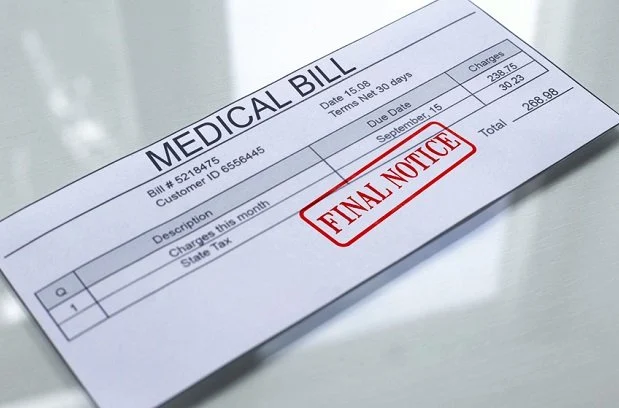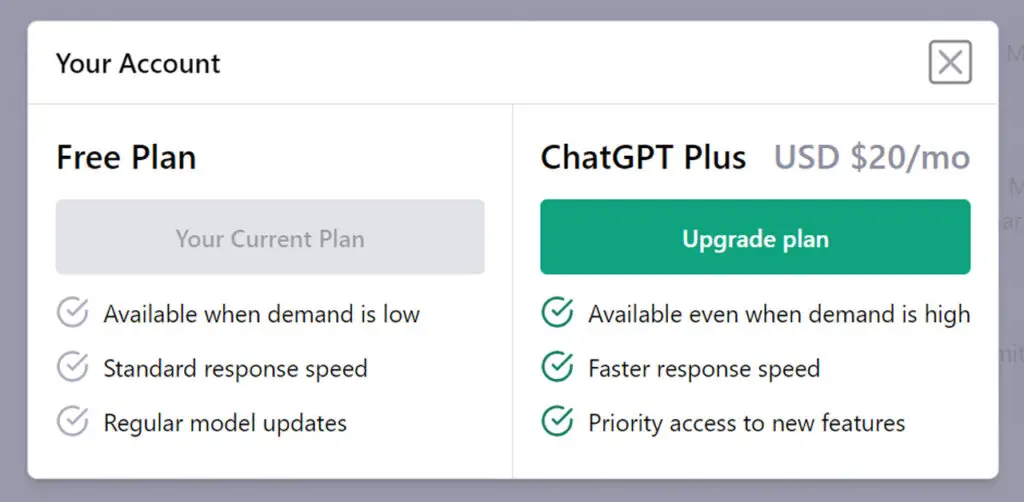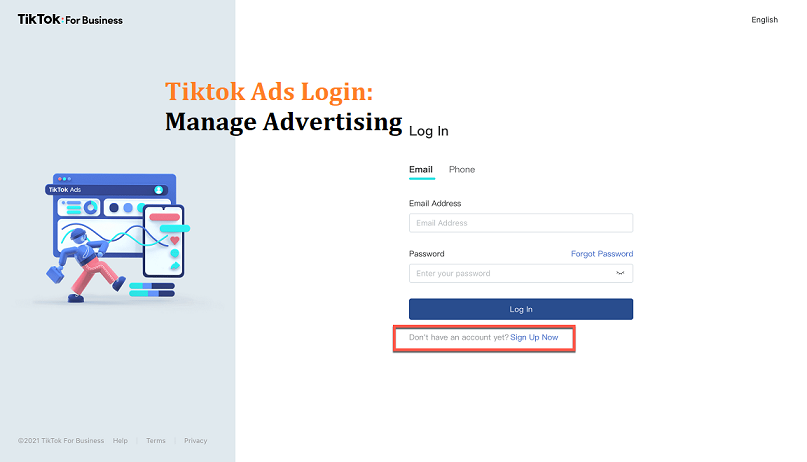When faced with a medical bill, it’s important to ask relevant questions to ensure you understand the charges, verify accuracy, and explore potential options for payment. Here are some questions to consider before paying any medical bill:
What services were provided?
Request an itemized bill that outlines the specific services, procedures, medications, or treatments you received. This will help you understand what you’re being charged for.
Is the bill accurate?
Review the itemized bill carefully to check for any errors, duplicate charges, or services you didn’t receive. If you notice discrepancies, contact the healthcare provider or billing department to clarify and rectify the inaccuracies.
What does my insurance cover?
If you have health insurance, review your policy documents or contact your insurance provider to understand what expenses are covered and what portion you’re responsible for. Determine if the billed amount aligns with your coverage.
Have I met my deductible?
If you have a deductible on your insurance plan, find out if you’ve met it for the year. Understanding your deductible will help determine how much you’re responsible for paying out of pocket.
Are there any billing or payment options available?
Inquire about payment plans, financial assistance programs, or discounts offered by the healthcare provider. They may have options to help manage the cost or provide assistance based on your financial situation.
Can I negotiate the bill?
In some cases, you may be able to negotiate a lower payment or request a reduction in charges. Ask the billing department if there is room for negotiation, especially if you’re facing financial hardship.
Are there any billing errors or insurance claim issues?
If you encounter difficulties with insurance claims or suspect billing errors, reach out to your insurance company and the healthcare provider’s billing department to address the issues and resolve any disputes.
What are the payment deadlines?
Determine the due date for payment to avoid any potential late fees or adverse consequences. If you need more time to pay, discuss the possibility of an extension with the billing department.
Can I get an explanation of charges?
If you have questions about specific charges or medical codes listed on the bill, ask for an explanation from the healthcare provider or billing department. Understanding the nature of the charges can provide clarity on the services rendered.
Should I seek assistance from a medical billing advocate?
If you’re having difficulty understanding or resolving issues with your medical bill, consider seeking help from a medical billing advocate or consumer advocacy organizations specializing in healthcare billing disputes.
Remember, clear communication and proactive engagement with the healthcare provider or billing department can often lead to better understanding and potential solutions when dealing with medical bills.
>>READ: What Is Adjusted Gross Income and How it is Calculated
Tips for Dealing with Medical Bills:
Review your bills carefully:
Carefully review all medical bills and statements you receive. Make sure the services listed are accurate, and there are no duplicate charges or errors. If you have any questions or concerns, contact the healthcare provider’s billing department for clarification.
Understand your health insurance coverage:
Familiarize yourself with your health insurance policy, including deductible amounts, co-pays, and coverage limits. Knowing what expenses are covered and what you’re responsible for will help you make informed decisions.
Negotiate and inquire about discounts:
Don’t hesitate to negotiate with healthcare providers or billing departments. Inquire about any available discounts, payment plans, or financial assistance programs that could help reduce your bill or make payments more manageable.
Communicate with your healthcare provider:
If you’re facing financial hardship, communicate openly with your healthcare provider about your situation. They may be willing to work with you to find a solution or offer assistance programs.
Request an itemized bill:
Ask for an itemized bill that breaks down the charges and services provided. This will help you understand the specific costs and identify any potential discrepancies.
Seek clarification on codes and terminology:
If you come across medical codes or terminology on your bill that you don’t understand, ask for an explanation from the billing department. Understanding what each code represents can provide clarity on the services you received.
Check for billing errors and insurance claim issues:
Keep track of your insurance claims and ensure they are processed correctly. If you suspect any billing errors or encounter issues with insurance claims, contact your insurance provider and the healthcare provider’s billing department to resolve the problems.
Consider seeking professional assistance:
If you’re struggling to manage your medical bills or facing complex billing issues, consider consulting a medical billing advocate or a financial counselor. These professionals can provide guidance, negotiate on your behalf, and help navigate the billing process.
Establish a payment plan:
If you’re unable to pay your medical bill in full, inquire about setting up a payment plan with the healthcare provider. Many providers are willing to work with you to create a manageable payment schedule.
Keep records and documentation:
Maintain copies of all bills, correspondence, and payment receipts related to your medical expenses. This will serve as a reference and documentation of your efforts to resolve any billing issues.
Remember, proactive communication, careful review of bills, and exploring available options can significantly help in managing and resolving medical bills.







